Making the Case for Hospice to Family Healthcare Decision Makers
A strong promoter or advocate will tell you that a major key to convincing consumers to try any product or service is the ability to overcome objections. And, wow, do many people have objections to hospice care – especially when it comes to their loved ones!
Many of those objections are emotional, making them even more powerful. And while emotions can be challenging to change, perhaps you can get to the root of the emotions through facts presented with compassion.
For example, let’s take a look at two common objections to hospice care and how data accompanied by a very human discussion may help change family members’ perceptions:
- My loved one isn’t ready for hospice. How many times have you heard this objection or some version of it? When a family member says this, first try to determine if they mean their loved one isn’t ready medically (Aunt Margaret isn’t really dying yet) or emotionally (we don’t want Aunt Margaret to think we’re giving up) – or both.If the family member thinks their loved one isn’t “ready” physically because they aren’t on the brink of death, educate or remind them that hospice care is for people who still have months to live. Point out that nearly half (48 percent) of hospice patients received benefits of hospice care for only 14 days or less when they could have been receiving expert care and support for months longer. Use your own family survey results to show that many families say they wish they would have gotten hospice involved sooner.If the issue is more emotional, you could point to studies by Harvard Medical School and University of Pennsylvania Department of Medicine (among others) that show hospice care improves quality of life for patients and reduces stress for their family members. Discuss how hospice care isn’t “giving up” at all – it’s actively providing a specialized kind of care that supports patients in living their remaining life more fully.Let families know that a loved one can try hospice care with consent from their doctor, and if their loved one still feels they’re “not ready,” they can discontinue the care whenever they wish.
- Hospice will cause my loved one to die sooner. This feeling can be related to the notion that hospice means “giving up,” and without “hope” their loved one will just let go and slip away. Another unfortunate misperception is that hospice freely administers painkillers that may kill more than the pain Factually, this myth is easy to dispel. Multiple studies, including those reported by Duke University, Mount Sinai Hospital, New England Journal of Medicine and Journal of Pain and Symptom Management, show that hospice patients live an average of 20 to 60 days longer than patients receiving standard care. This pattern holds true across a wide range of diagnoses.Emotionally, explain how hospice keeps symptoms under control, reduces stress for the patient and redefines hope – to spend more time with family, attend that special wedding or achieve other meaningful goals.Positive facts, explained with genuine empathy, may go a long way to make the case for families accepting hospice care, and engaging with your services sooner.










